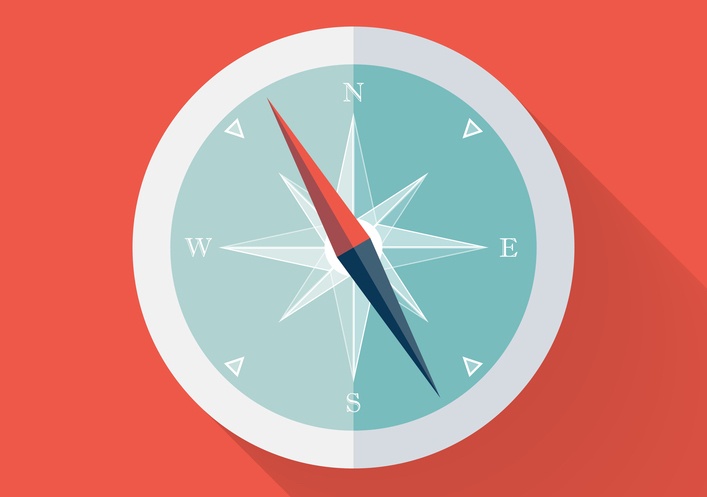How EY Has Cultivated a Culture of High Performing Millennials
Here is how EY is successfully developing their 67 percent Millennial workforce into leaders and high-performing professionals.

Seventy-one percent of Millennials who are likely to leave an organization in two years are dissatisfied with how their leadership skills are being developed. Sixty-nine percent of Millennials aspire to be leaders in the next five years, and 60 percent of Millennials want training to develop their leadership skills.
As the workforce's largest generation begins stepping into leadership roles, effective training and leadership development are critical. (Read this to learn how to effectively train Millennials.) Considering EY, one of the largest professional services firm in the world, has an average workforce age of 28 years-old and Millennials make up two-thirds of their company, they are dedicated to developing Millennials.
I recently interviewed Carolyn Slaski, EY Americas Vice Chair of Talent, where she shared specifically how EY is developing and empowering their Millennial workforce.
1. Providing Future-Focused Credentials
EY develops Millennials' by providing opportunities to earn digital credentials--called EY Badges--in future-focused skills (e.g. data analytics, artificial intelligence, robotics, and innovation design thinking) that will differentiate them in the market and enable them to better serve the rapid-evolving needs of their clients.
Millennials earn EY Badges by...
- Learning: Employees engage in formalized virtual world-class training
- Experiencing: Employees put their learning to the test via various experiences or projects
- Contributing: Employees teach a course, coach colleagues, present to clients, or publish an article about an acquired skill or knowledge
2. Enabling Fast Feedback and Constructive Conversations
EY recently launched a performance management system called LEAD. Instead of retrospective performance evaluations and detailed written assessments, through LEAD Millennials receive real-time feedback (which can be solicited from anyone in the organization) and have more constructive and forward-looking conversations that focus on the individual's career journey, long-term aspirations, and leadership development.
According to Slaski, at the beginning of the year and at least every 90 days thereafter, Millennials will meet with counselors to review ongoing feedback and have discussions that drive higher performance and greater leadership development.
A mobile-enabled LEAD dashboard summarizes all of the feedback and employees can see how they are doing on-demand in all categories. At the end of the year, Millennials can compare their results with their peer groups.
3. Cultivating a Coaching Culture
Considering coaching is the leadership style that resonates most with the emerging generations, EY has cultivated a culture of coaching. EY has full-time coaches on staff that are available to Millennials. For example, if a new Millennial leader is about to have a challenging conversation, they can engage a coach to "help them with their talk track so that the conversation is impactful and not sugar-coated," says Slaski. By interacting with the coaches, Millennials are learning how to coach others which causes the coaching culture to permeate throughout the organization.
As a Millennial and Generation Z keynote speaker and trainer, I help companies lead, engage, and sell to the emerging generations. If you'd like help solving tough generational challenges inside your organization, click here.

